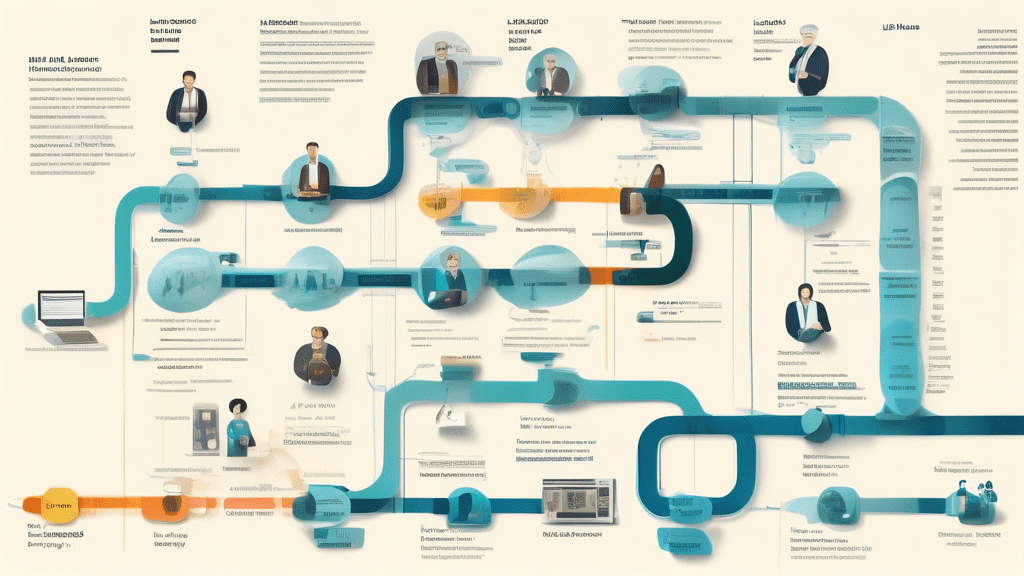Large Language Models (LLMs) represent a significant milestone in the field of artificial intelligence (AI), primarily due to their ability to understand and generate human-like text. This breakthrough is attributed to the pioneering efforts of several developers and research teams over the years. This article delves into the history of these developers, examining their contributions, challenges, and the evolution of LLMs.
Early Pioneers and the Foundation of LLMs
The conceptual roots of large language models can be traced back to the mid-20th century, with the advent of basic artificial intelligence and natural language processing (NLP). Early algorithms, such as the n-gram language models introduced in the 1950s, were simple yet influential in the development of more sophisticated systems. However, it wasn’t until the early 2000s that substantial progress was made with the advent of more advanced machine learning techniques and computational power.
The Role of Academic and Corporate Research
A key player in the development of LLMs has been Massachusetts Institute of Technology (MIT), along with other prestigious institutions like Stanford University and University of California, Berkeley. Researchers at these institutions laid the groundwork for modern-day LLMs through pioneering work in deep learning and neural networks. Notable projects include the Google_Brain>Google Brain team, which made significant advancements with the development of Transformer architecture in 2017, a crucial framework for LLMs.
OpenAI and the Era of GPT
OpenAI, an AI research laboratory consisting of both for-profit and non-profit factions, has been a major force in the development of large language models. The launch of the Generative Pretrained Transformer (GPT) series marked a significant turning point. Starting with GPT-1 in 2018, OpenAI built upon the Transformer architecture to create progressively more capable models with GPT-2 in 2019 and GPT-3 in 2020. Each iteration involved a substantial increase in model parameters, computational power, and dataset size.
Contributors and Key Figures
Several individual researchers and engineers have left an indelible mark on the development of LLMs. Names such as Ilya Sutskever, one of the co-founders of OpenAI and a pivotal figure in deep learning research, and Yoshua Bengio, a co-recipient of the Turing Award for his contributions to deep learning, stand out. Their work and collaboration with other experts have pushed the boundaries of what LLMs can achieve.
Corporate and Industry Impact
The involvement of tech giants like Google, Microsoft, and Facebook has been crucial. These corporations not only provided financial backing but also facilitated vast computational resources required for training large models. Their platforms have further integrated and utilized these LLMs, influencing industries ranging from customer service to advanced medical diagnostics.
Challenges and Ethical Considerations
The journey of developing LLMs has not been without its hurdles. Developers have faced technical challenges in terms of computational cost, data privacy, and the potential misuse of these technologies. The ethical implications of powerful AI systems have sparked debates. Organizations like OpenAI have stressed the importance of AI safety and ethical use, advocating for responsible development and deployment.
The Future of LLMs
The future of large language models looks promising, with ongoing research focused on improving efficiency, reducing biases, and expanding applications. Collaborative efforts between academia, industry, and regulatory bodies will be essential to navigate the risks and benefits of these powerful technologies.
In conclusion, the development of Large Language Models reflects a collective effort by numerous researchers, developers, and organizations. Their contributions have not only advanced the field of AI but also posed important questions about the future of human-machine interaction.






No comments! Be the first commenter?